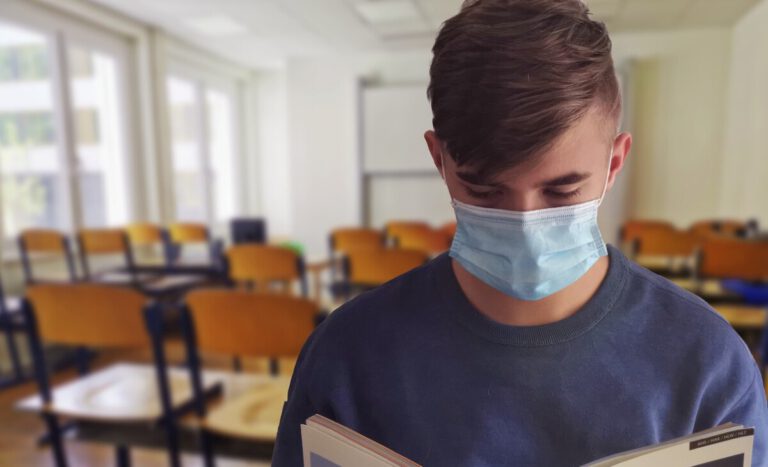
In last night’s press conference, Rutte announced the relaxation of coronavirus measures in four areas of Dutch society. However, experts are uncertain that this is the best approach towards the oncoming third wave.
Rutte announced last night that contact occupations, secondary schools, group sports, and shopping by appointment will be allowed in the Netherlands from next week.
He says that these relaxations are possible because they provide a lower risk of transmission when compared to opening up other areas of public life. “You don’t go to the hairdresser’s every day,” Rutte says, also claiming that these relaxations do not encourage people to travel between regions.
However, experts have told the NOS that they are less convinced.
Epidemiologist Alma Tostmann of Radboud University Medical Center tells the NOS that she “missed the logic of this strategy.” She says that she understands that the Dutch cabinet wants to be accommodating of public will, but it is strange to relax these measures at a time when infection rates are rising.
Cabinet should be more cautious
Other experts agree that they are uncertain about the Dutch cabinet’s approach. Epidemiologist Amrish Baidjoe is not optimistic about the current policy, comparing it with that of last June.
“The number of infections was a lot lower at the time,” says Baidjoe, “It is clear that the [current] easing is politically motivated, but what political choices are being made? This is playing with fire.” He goes on to say he agrees with schools opening, but not the other relaxations.
Risks of relaxations
Baidjoe highlights that these relaxations put vulnerable and poorer groups of Dutch society at risk. “ICUs are filled with people from underprivileged neighbourhoods in every corona wave,” says Baidjoe.
He also criticises the lack of clarity around crucial governmental policy. He says not enough has been done by the Dutch government to reach these target groups, “for example, commercials in different languages”.
Epidemiologist Frits Rosendaal of the LUMC also calls the relaxations risky. He says that school attendance is extremely important, so he understands why the government is risking opening schools. “However, it could be that some [relaxations need] to be reversed,” says Rosendall due to the rise in infections.
The benefits outway the risks
Not all experts are in agreement that these relaxations are a bad idea. Immunologist Dimitri Diavatopoulos of Radboudumc says that the benefits of the relaxations outweigh the possible additional risks they pose.
“It is not feasible, or necessarily desirable, to achieve zero risks, but [measures] must be acceptable. And that remains uncertain,” he says.
Rules need to be strictly observed
When the relaxations are applied, Tostmann stresses the importance of observing the rules that are in place. “Above all, it should be as safe as possible,” she says and emphasises the importance of wearing a mask correctly, covering your nose and mouth, not over your chin.
How do you feel about the latest relaxations? Let us know in the comments!
Feature Image: Alexandra_Koch/ Pixabay


Relaxing some measures is necessary but this is overdoing it for political reasons. The government try to please people, but it will just lead to infections sharply rising again.
Step by step would’ve made more sense. Sure, open schools but also vaccinate teachers sooner then.